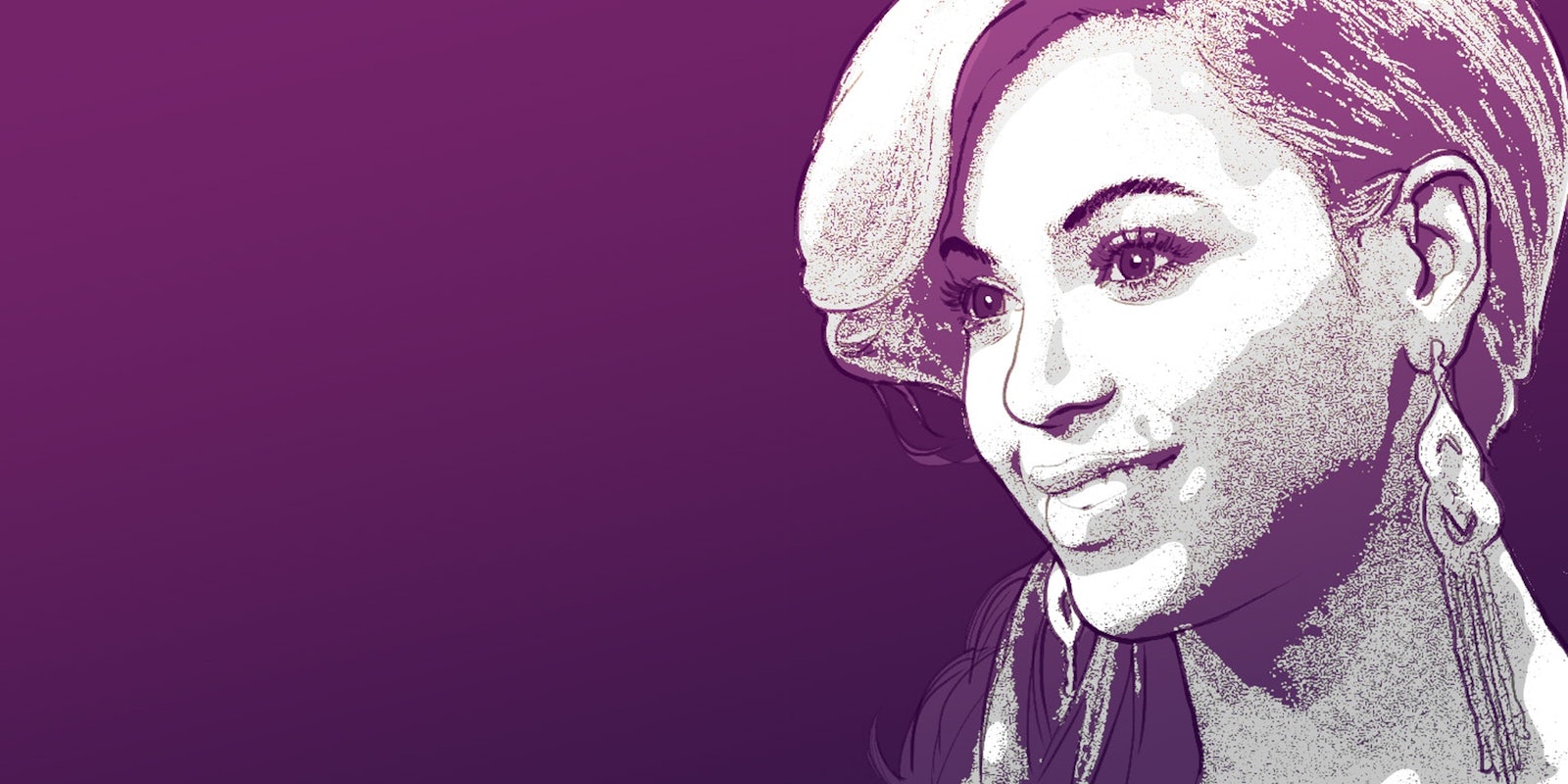The recent and tragic killings of Ahmad Aubrey, Breonna Taylor, and George Floyd have again exposed the unrest and systematic racism that still exists in America. As we deal with the ugly truths of racism and police brutality against Black Americans, a beacon of hope during this moment is the music that’s fueled awareness and solidarity.
Moved by this recent national uprising, I wondered as a journalist and as a Black woman, how will this affect my life? And my family and future family? And how can I use my platform to bring about change and awareness while being unapologetic about my Blackness? Like a lot of Black professionals have done in recent weeks, I turned to music.
This month U.S. music executives Jamila Thomas and Brianna Agyemang launched #TheShowMustBePaused movement. It caused the white majority-owned music industry to show solidarity to its Black artists.
Republic Records even decided to remove the word “urban” in describing music genres that are mainly curated by Black artists.
The entire focus of #TheShowMustBePaused gave us one day of not having access to our favorite artists’ music. What would a world be like without Summer Walker, Beyoncé, or the Weekend? Spotify even went as far as blacking out Black artists’ songs, EPs, and albums off company playlists to show its solidarity with them.
White-owned mainstream record labels, radio stations, and streaming platforms all capitalize from Black artists and leave the artists begging for their simple worth.
According to the Recording Academy, 77% of internet users have used YouTube to hear music, making it the most popular music service online—that’s not great news for artists. The Academy also notes that YouTube pays out creators at $0.00074 per stream, the least amount out of the major streaming services. Spotify pays five times more than YouTube at $0.00397 per stream, while Apple Music pays 10 times more at $0.00783 per stream.
Black artists have responded to the moment by criticizing these platforms—and by releasing important music.
Lil Baby, Meek Mill, and Kendrick Lamar all released new songs in response to the recent killings of innocent Black Americans.
Meek Mill’s protest anthem “Otherside of America” gives a chilling description of the neighborhoods where he grew up. It wasn’t the white picket fence or green lawns, but a corrupt and cold side of America:
We grew up in ruthless environments, we grew up around murder
You see murder, you see seven people die a week, I think you would probably carry a gun yourself
Would you?
Uh, yeah, I probably would
On Juneteenth, Beyoncé released “Black Parade,” showcasing her East Texas roots and the history behind the Juneteenth parade route that is executed in many Texas cities. Juneteenth recognizes when Texas slaves were made aware of their freedom on June 19, 1865. A whole two years after the Emancipation Proclamation.
Proceeds from “Black Parade” benefit organizations such as the National Urban League and Beyoncé’s BeyGood’s foundation. Not only will her contributions help these businesses, but she also provided a digital directory via Instagram so patrons can find them.
The classics have come to life again too. Revolutionary songs like “Fuck Tha Police” by N.W.A. have seen a streaming surge of 272% since the death of George Floyd via on-demand streaming services.
But I haven’t seen enough Black Lives Matter playlists—and especially one curated by a Black woman from the South like myself.
I started to play in my head all the songs I grew up listening to and eventually made BLM on Apple Music.
Marvin Gaye’s “What’s Going On” and James Brown’s “Say It Loud, I’m Black and I’m Proud” were more than just chart-climbers; they marked a time where Black pride and an awareness of what was happening in the world needed to be recognized.
It’s the same notion of protests, boycotts, and the demand for justice that Black Americans are fighting for today. And it’s these songs that are defining the moment that we’ll remember in 50 years.
As a Black woman and journalist, I needed to not be afraid to take up space and make time for reflection. My BLM Playlist is on Apple Music and YouTube. At 47 songs, 3 hours, and 27 minutes, it should help you reflect too.


